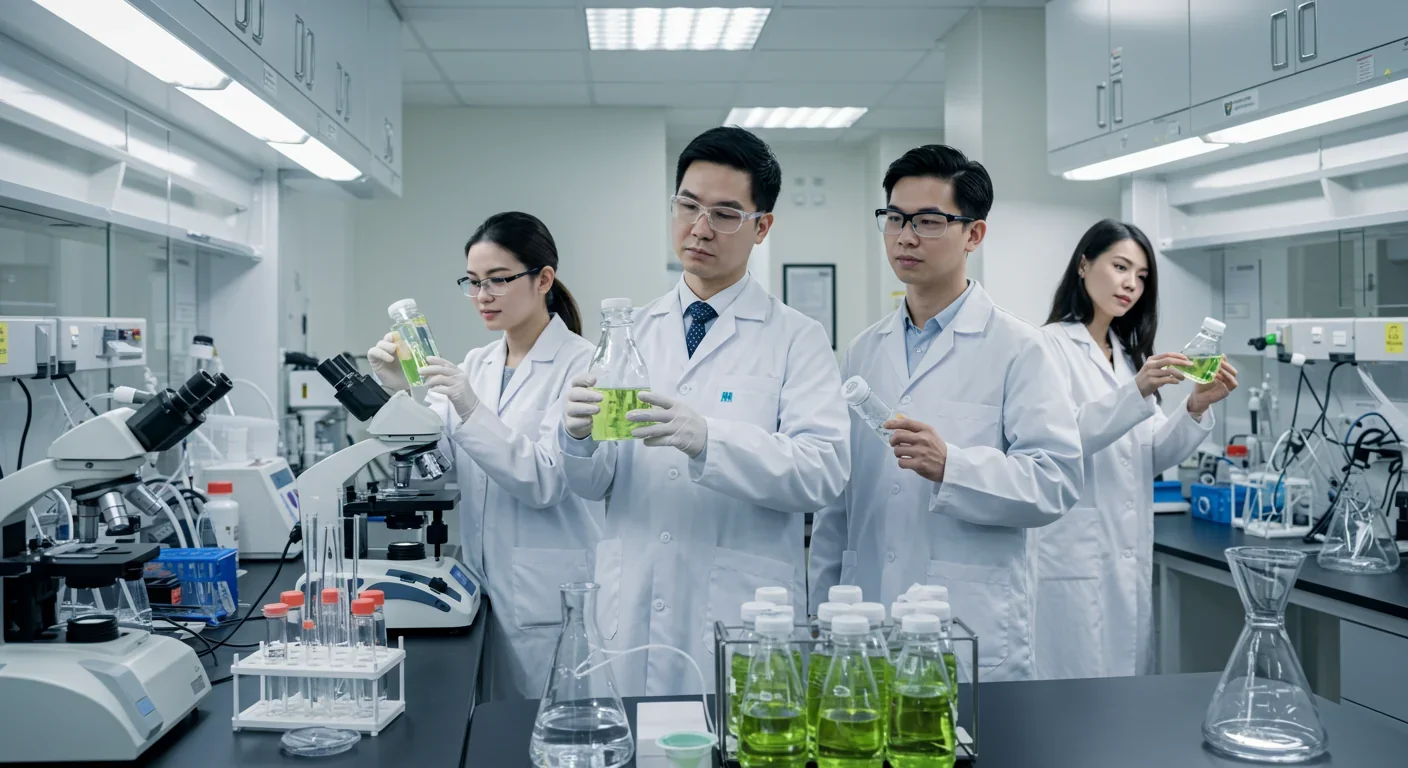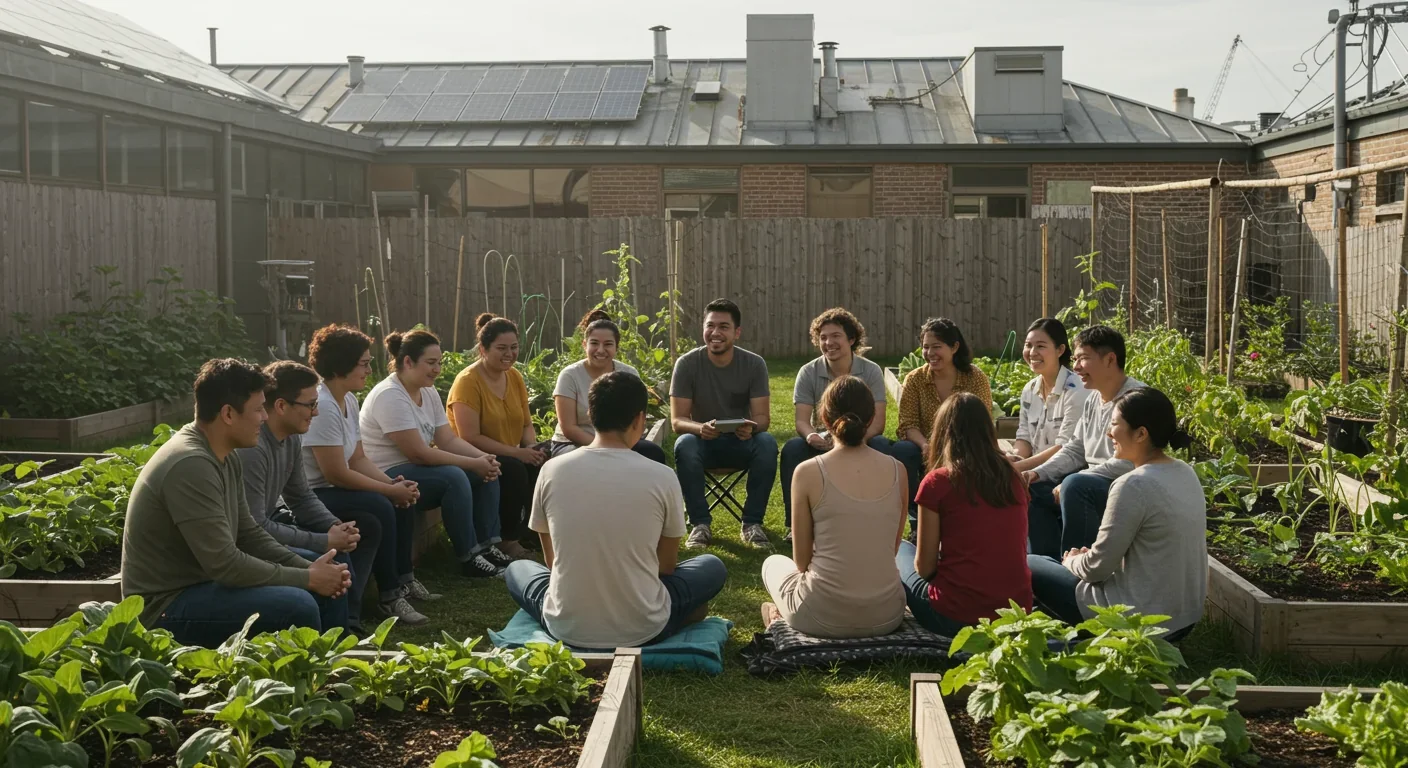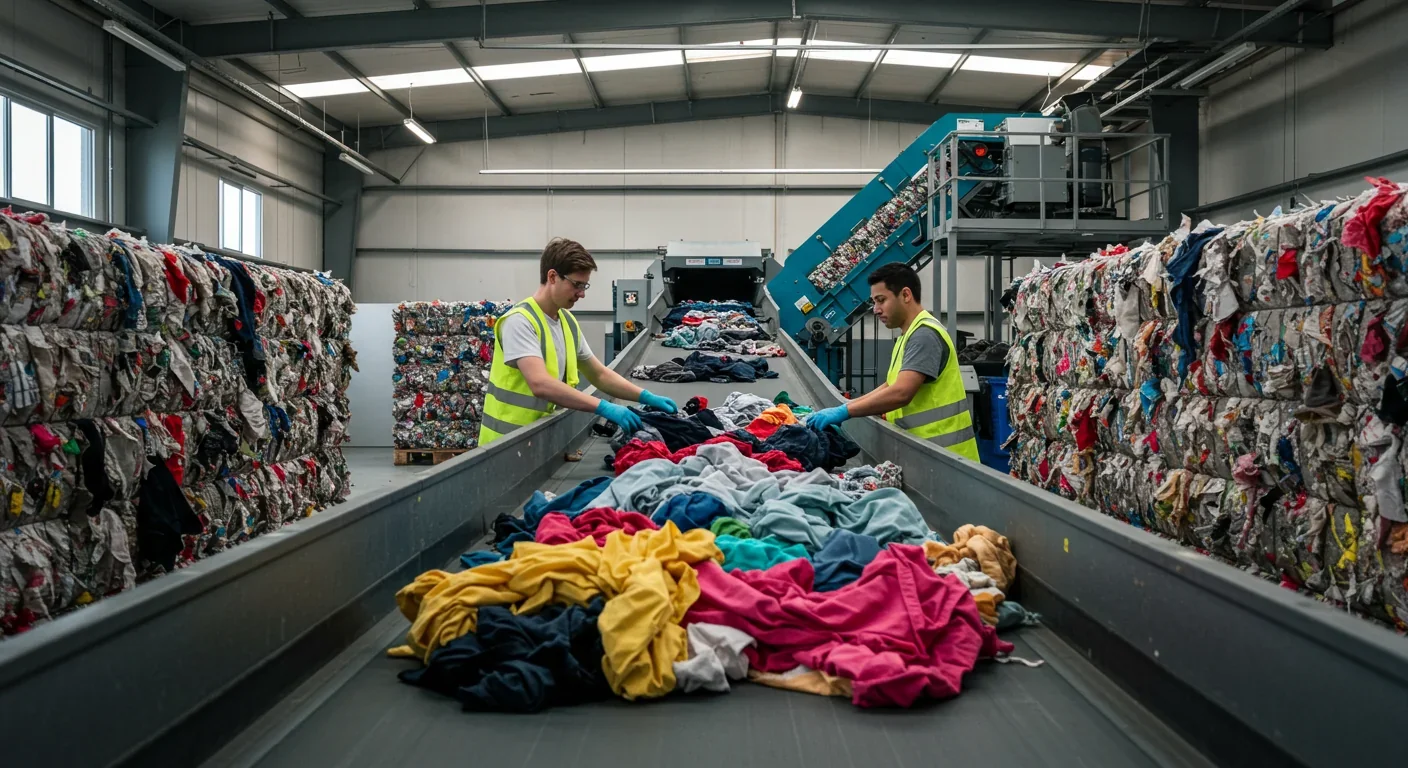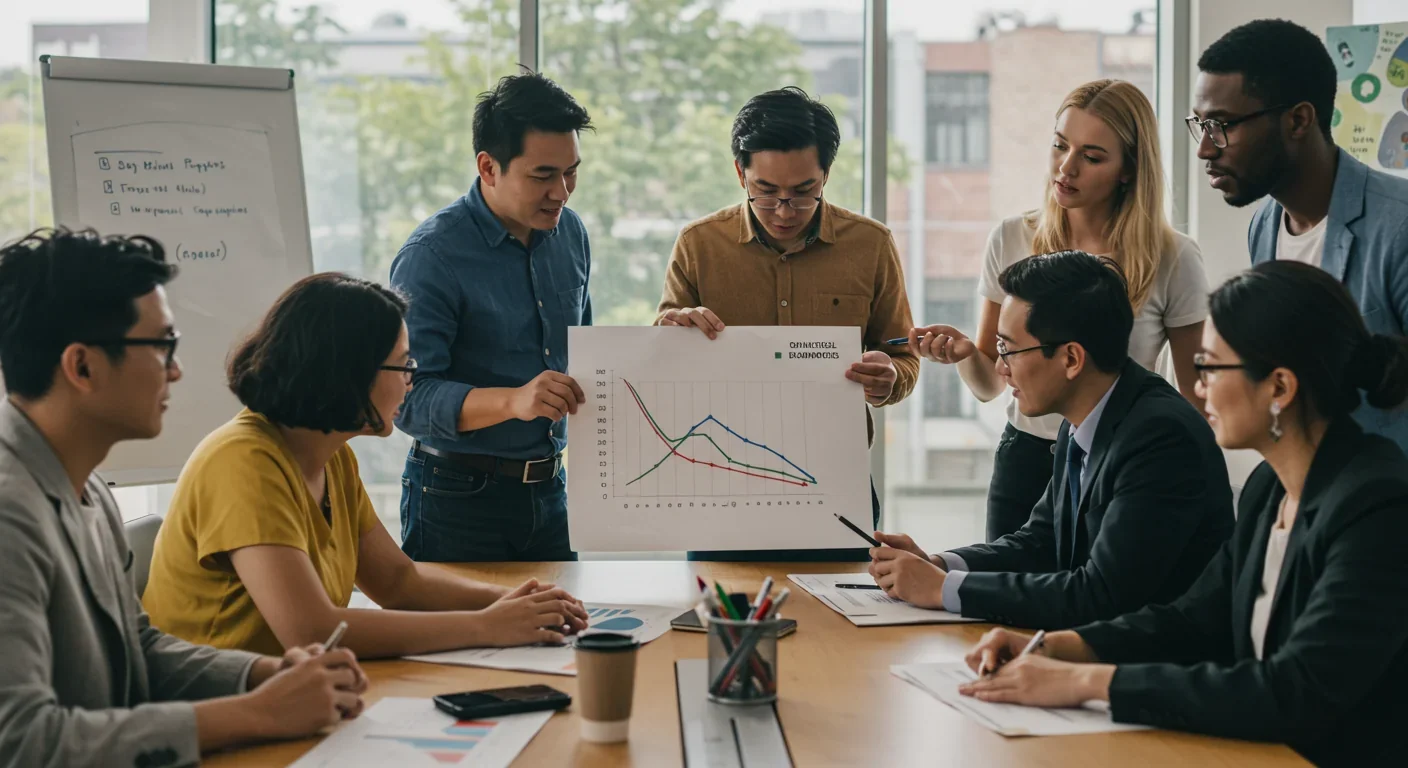Plastic-Eating Bacteria: Lab-Made Enzymes Transform Waste
Scientists are engineering bacteria with plastic-eating enzymes that can break down PET in 24 hours, potentially transforming waste management and creating a circular plastic economy.

Scientists are engineering bacteria with plastic-eating enzymes that can break down PET in 24 hours, potentially transforming waste management and creating a circular plastic economy.

Countries worldwide are replacing GDP with alternative prosperity metrics like Bhutan's Gross National Happiness, New Zealand's wellbeing dashboards, and the Genuine Progress Indicator, recognizing that economic growth alone fails to capture environmental sustainability, social cohesion, and genuine quality of life.

The circular economy redesigns our production systems to eliminate waste entirely by keeping materials in continuous use. From Patagonia's repair programs to industrial symbiosis and digital watermarking technology, companies are proving that waste is a design flaw we can engineer away.

The degrowth movement proposes deliberate economic contraction in wealthy nations to reduce ecological damage. While experiments show promise locally, political barriers and inequality concerns make wholesale adoption unlikely, though the concept challenges growth-dependent assumptions.